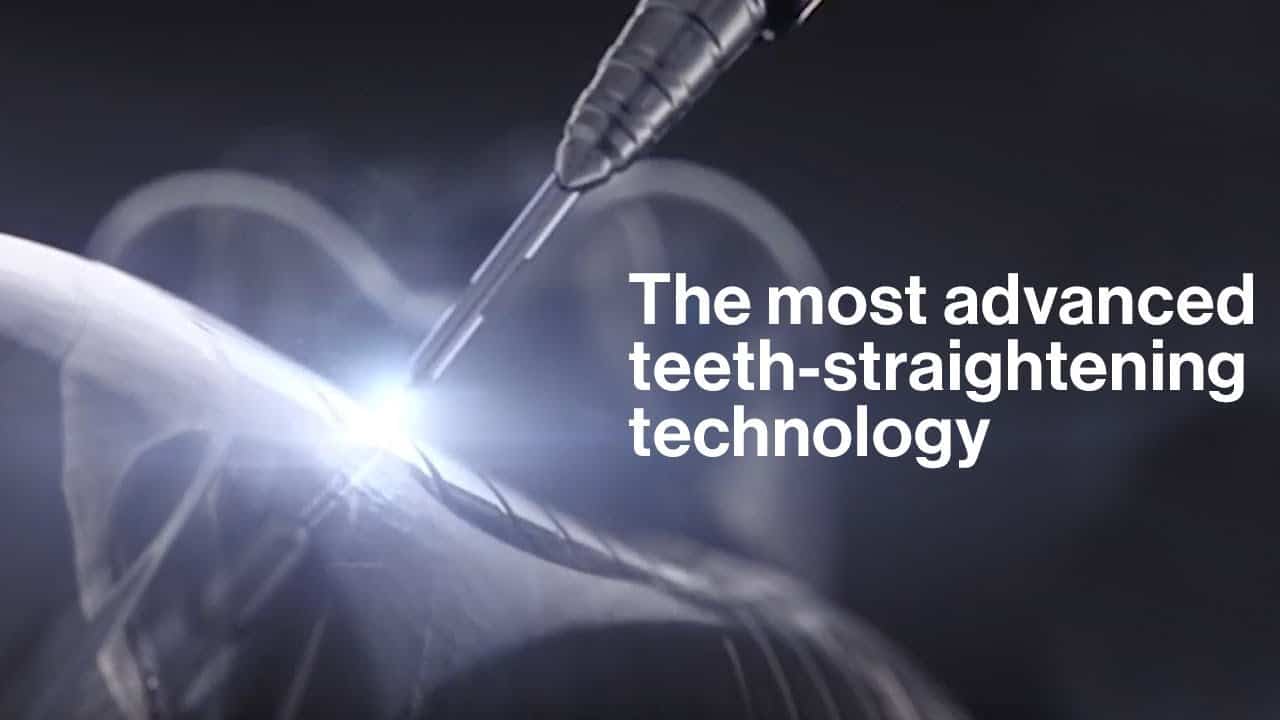Brushing your teeth with braces presents a few unique challenges, but it is even more important than when you didn’t have braces! Poor brushing can lead to cavities, gum disease, and other complications that will slow down your treatment. Besides, you want healthy teeth to go with the beautiful smile you’re going to have! So here’s how to brush with braces:
Preparation
Use a soft-bristled, braces-friendly brush specifically designed to get around and in between braces (check to make sure the bristles dip in the middle instead of being level all the way across). Replace frequently (every 2-3 months), because braces wear out a toothbrush even more than usual.
Process
Brush frequently, preferably after every meal, but at least twice a day for sure. Use circular motions to get all the way around your brackets, as well as carefully brushing the backs of your teeth. Be especially sensitive to your back teeth–they can be hard to reach. Brushing should take at least two minutes.
Flossing
Although flossing can be a little more complicated with braces, it’s still necessary. You can find lots of great flossing tools–like floss threaders, Glide threader floss, or Plackers Orthopicks–to make the process easier. Floss at least once a day, preferably at bedtime.
Other tips
If you can’t brush your teeth right after a meal, try using a Proxabrush to remove bits of food. Rinse with water and brush as soon as possible.
Careful brushing ensures that your teeth will be healthy and beautiful when your treatment ends!
Photo courtesy of American Association of Orthodontists



